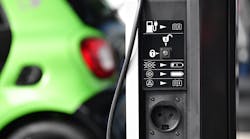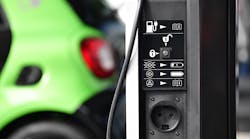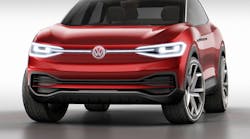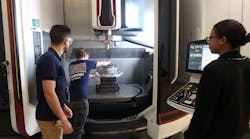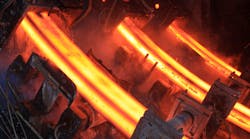Twenty-three states, led by California, are suing the U.S. Environmental Protection Agency to block the Trump Administration’s effort to keep California from setting its own fuel-efficiency standards. The suit filed in the U.S. Court of Appeals for the District of Columbia Circuit challenges an attempt to empower EPA to set a common, nationwide fuel-mileage standard,
In August 2018 the Administration proposed stripping California of its right to impose its own state emissions standards, and to establish a number of electric vehicles that the automakers must supply. The Administration’s position is that federal law should precede California policy in setting emissions standards: the state has long influenced nationwide emissions standards because of the size of its car and truck market, and domestic automakers’ need to meet those standards economically.
In July of this year, the California Air Resource Board (CARB) reached a voluntary framework agreement with Ford Motor Co., Honda of America, BMW of North America, and Volkswagen Group of America, to raise gas-mileage standards and cut greenhouse gas emissions, a move the state characterized as a reaction to the Administration’s determination to ease emissions standards for cars and light trucks established during the Obama Administration.
Their agreement commits the automakers to continued annual reductions of vehicle greenhouse gas emissions through the 2026 model year; encourages them to accelerate the transition to electric vehicles; and "provides industry the certainty needed to make investments and create jobs."
Other OEMs, including General Motors, Toyota, and Fiat Chrysler Automobiles have sided with the federal effort to achieve a common nationwide standard.
In September, the Administration moved to revoke the California prerogative, established by the federal Clean Air Act of 1970.
Then, California and 22 other states, filed suit against the National Highway Traffic Safety Administration, arguing that efforts to preempt California from setting emissions standards exceeds NHTSA’s authority and contravenes Congressional intent because NHTSA has failed to conduct the analysis required under the National Environmental Policy Act.”
The new filing asks the federal appeals court to block the NHTSA from overriding California’s right to set tailpipe emission standards.
“We’ve said it before, and we will say it again: California will not back down when it comes to protecting our people and our environment from preventable pollution,” according to Xavier Becerra, California attorney general. “No matter how many times the Trump administration attempts to sabotage our environmental progress, we will fight for clean air.”
